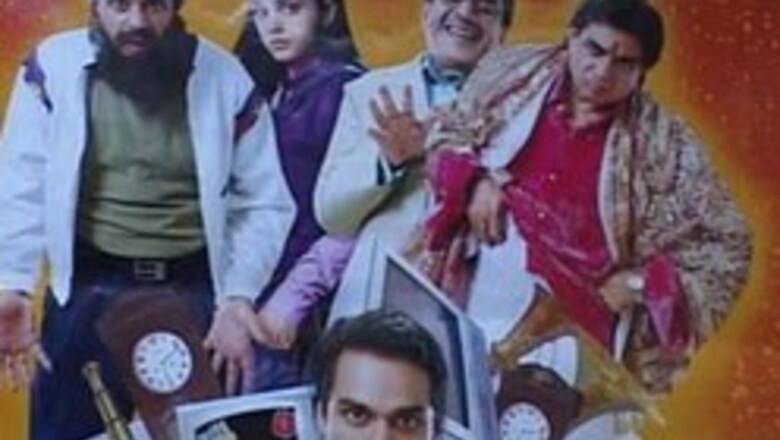
views
Cast: Abhay Deol, Paresh Rawal, Neetu Chandra, Richa Chadda, Manu Rishi, Archana Puran Singh, Manjot Singh
Direction: Dibakar Banerjee
Most good films will engage you with their characters and their drama, but how many can claim to challenge you at the same time? Oye Lucky Lucky Oye, directed by Dibakar Banerjee, is a film that keeps you on your toes; it’s a film that never spoon-feeds you, instead expects you to read between the lines, to fill in the gaps for yourself, and to decode the subtext. It’s true, Oye Lucky Lucky Oye is the kind of film that expects as much of its audience as its audience expects of the film.
On the surface, it’s the story of a small-time Delhi crook and his rise to infamy and faux celebrity – much like Catch Me If You Can – but look closer and you’ll notice all the layers. It’s a film about wanting to belong, a film about the inter-class divide, and about shifting family dynamics.
Always getting on the wrong side of his father, and never quite able to fit in with the cool ‘English medium’ kids who drive fancy cars, Lucky Singh (played by Manjot Singh as a teenager and by Abhay Deol as an adult) finds himself drawn to petty crime so he can afford the lifestyle he’s always wanted. Working with his childhood friend Bangali, Lucky swipes everything from television sets and Mercedes to tennis rackets, violins and even a Pomeranian dog from the residents of Delhi’s posh colonies. But here’s what separates him from your ordinary chor-uchakka – Lucky does it with style, with flair, with a smile and with the ease of a magician. Lucky, you see is the most charming guy you’ll ever meet.
The thing is much of the film’s second act gets repetitive as scene after scene you must watch Lucky slip into people’s homes and walk out moments later with so much loot. His modus operandi is way too simple to be believable – the same trick can’t possibly work all the time, and the director doesn’t bother to show us exactly how Lucky keeps up his game even after his notoriety has spread.
What’s more the Gogabhai track involving Paresh Rawal as the sleazy black-marketeer is over-indulgent to say the least. Too much time and footage is spent establishing Gogabhai’s character and his business relationship with Lucky – as a result much of the film’s middle portion seems to go around in circles, unnecessarily adding to its length.
PAGE_BREAK
The writing, in all fairness, is much sharper when it comes to bringing Delhi and its characters to the screen. Director Dibakar Banerjee’s Delhi isn’t the Delhi you see in most Hindi films, none of the usual clichés – no India Gate and Qutub Minar – it’s the Delhi you’d know if you’ve lived there. It’s the Delhi he knows inside out, complete with smarmy restaurant waiters who size you up in an instant, and shrewd housewives who make you their brother and emotionally blackmail you into investing in their husband’s business plan. Much like his last film Khosla Ka Ghosla, the heart of Oye Lucky Lucky Oye lies in its colorful characters.
Abandoning the conventional formula of throwing in a comedian to provide the laughs, Banerjee packs the film with humor that arises out of everyday characters and seemingly normal situations. Like the scene in which the mother of Lucky’s fiancée pesters him to bring home a toaster because her husband likes his bread hot and smoothly buttered. Or the scene at the breakfast table in which the same lady alternates her attention between her two sons-in-law on the basis of which one seems more financially promising. The jokes in Oye Lucky Lucky Oye fly at you from all directions, and they seldom fail because in most cases the characters aren’t in on the joke.
Assembling a rock-solid cast of actors who seem to effortlessly inhabit their roles, the director strikes gold with his supporting players too. Manu Rishi as Lucky’s partner Bangali is a revelation, as is Richa Chadda playing Dolly, the starlet in Gogabhai’s music troupe. Archana Puran Singh nails it as Dr Handa’s crafty wife, and Neetu Chandra hits the perfect note as Lucky’s love interest Sonal.
Paresh Rawal delivers all the right ticks and quirks to separate each of the three characters he plays in the film – Lucky’s irritable father, the shady Gogabhai, and the opportunistic veterinarian Dr Handa. The director never reveals why he casts the same actor for all three roles; like I explained earlier, it’s one of those things he expects you to figure out for yourself. Not that’s it some puzzle really. If you consider the role each of the three different characters plays in Lucky’s life and the feeling they leave him with eventually, you will immediately understand why it made perfectly good sense for the same actor to play all three parts.
As Lucky, the acting honours are shared between Manjot Singh and Abhay Deol who play the same person at different ages. Unfamiliar to us movie-regulars, Singh makes a lasting impression as the sharp-witted hero, investing in him a boyish charm which Deol then exploits with full-blown impact. Abhay Deol, in fact infuses bagfuls of likability and a hint of sadness into the part, making Lucky a victim even when he’s actually the criminal of the piece.
Again, if you’re wondering why the younger Lucky wears a turban and the older one does not, don’t expect any answers from the director. Think about it yourself.
Come on, you’d expect a thief to be inconspicuous, wouldn’t you?
Aided by a catchy soundtrack, unflashy-but-intuitive camerawork, and remarkable production design, director Dibakar Banerjee creates a picture that is enthralling for the most part. The loose ends in the screenplay aside, this is a warm and welcoming film.
I’m going with three out of five for Oye Lucky Lucky Oye. Watch it because it’s a film that respects your intelligence. And films like that are hard to find.
Rating: 3 / 5 (Good)










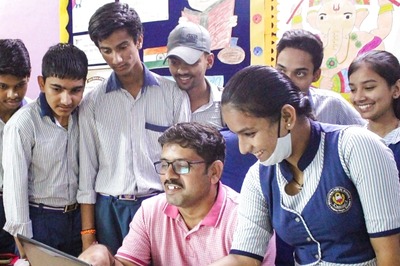
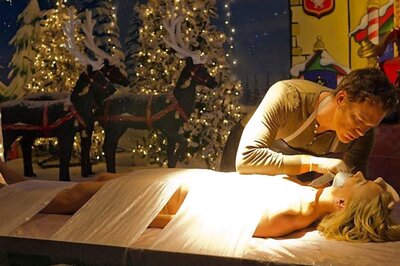

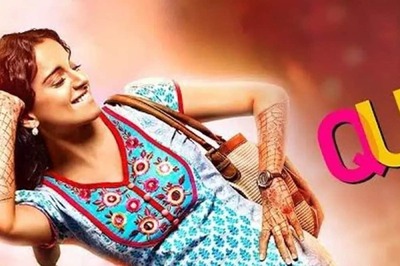
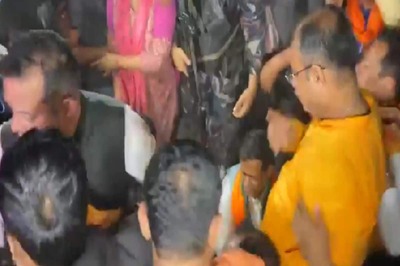
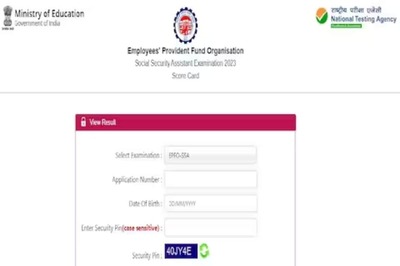
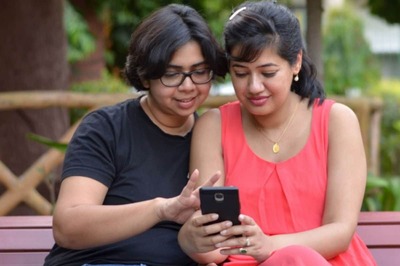
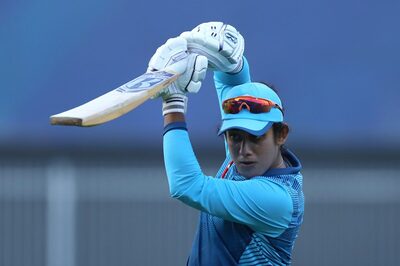
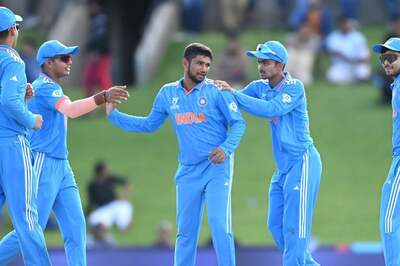
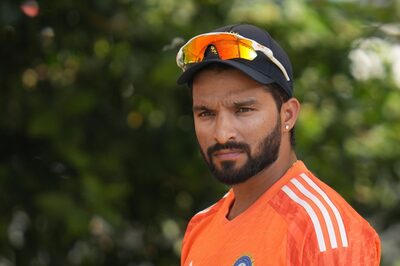
Comments
0 comment